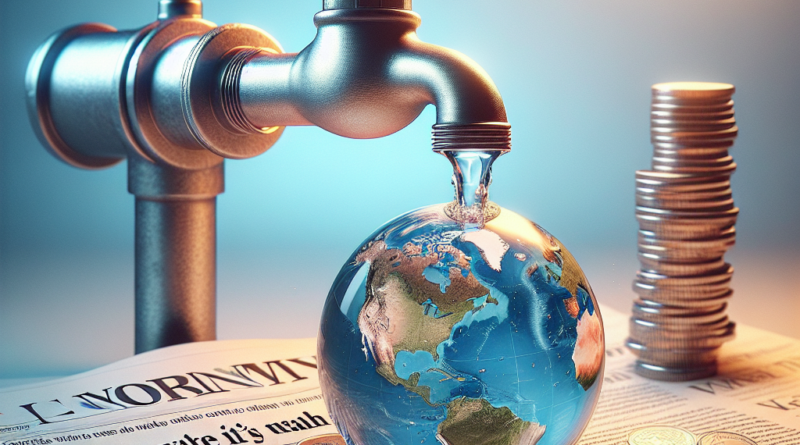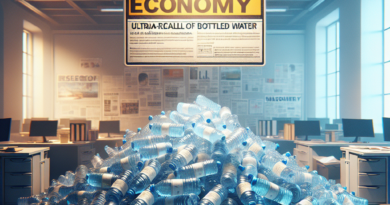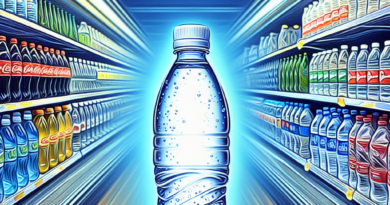Safe Tap Water: Which Countries Made the List? Is Italy Included?
Is Tap Water Safe to Drink in Europe?
The EU Drinking Water Directive sets out the minimum requirements for the quality of drinking water, ensuring that tap water in major EU cities should be safe to drink.
However, the situation may vary in smaller towns or rural areas where not all water sources are covered by the directive.
Where Can You Drink Tap Water in Europe?
It is usually safe to drink tap water in countries such as Andorra, Belgium, Cyprus, Denmark, Estonia, Finland, France, Greece, Ireland, Iceland, Italy, Croatia, Lithuania, Liechtenstein, Luxembourg, Malta, Monaco, the Netherlands, Norway, Poland, Portugal, San Marino, Switzerland, Slovakia, Slovenia, Spain, the UK, Sweden, the Czech Republic, Germany, Austria, and the Vatican City.
However, precautions should be taken in specific situations.
In Sweden, for example, some establishments source water from private wells, so attention is advised.
While tap water in Bucharest and Sofia should be safe, quality may vary outside the capitals in Bulgaria and Romania.
In Montenegro, bottled water is recommended, especially in summer.
Hungary, despite having potable tap water, faced high arsenic levels in certain southern areas in 2022.
The Kosovo advises against drinking tap water, and in Greece, especially on the islands, bottled water is preferred.
In some parts of Europe, tap water may taste of chlorine, used for purification within safe limits.
However, the presence of microorganisms poses health risks if water is not adequately purified.
Common Bacteria Found in Tap Water
Various microorganisms contaminate domestic water supplies, posing health risks.
Legionella, for example, is a Gram-negative bacterium commonly found in water systems.
Pseudomonas aeruginosa and Escherichia coli are other prevalent bacteria that can cause health issues if present in water sources.
Understanding these bacteria’s presence in water is crucial for assessing health risks and implementing preventive measures.
Given the potential dangers, regular water testing, proper maintenance of water systems, and adherence to hygiene practices are essential steps to ensure safe drinking water.
By choosing tap water over bottled water, not only can you save money, but you also contribute to environmental sustainability by reducing plastic waste and carbon emissions associated with bottle production and transportation.
Benefits and Precautions of Drinking Tap Water
Although tap water is generally safe in many European countries, precautions, such as regular monitoring, prompt contamination detection, and proper sanitization practices, are essential to mitigate health risks.
By following hygiene protocols and conducting thorough water analyses, you can enjoy the economic and environmental benefits of choosing tap water over bottled alternatives.




